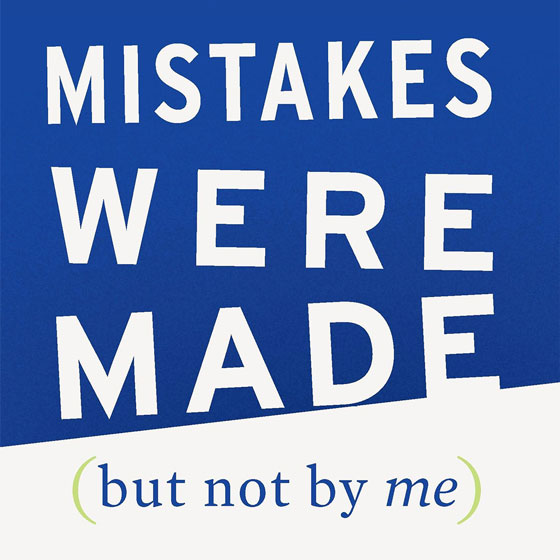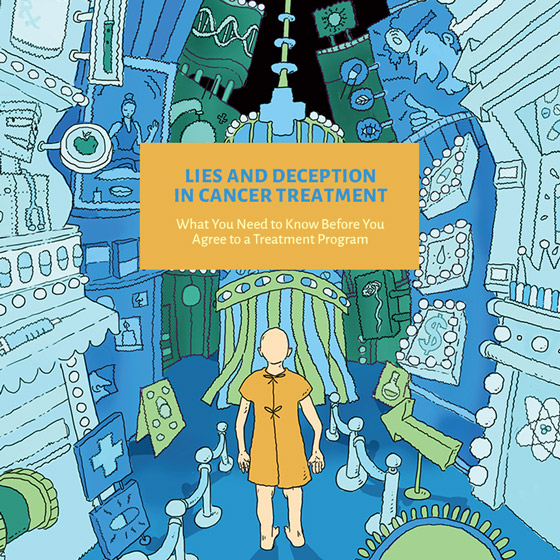In this week’s eSkeptic:

The logo of the Alt-Right, as seen on a sign stand next to American white supremacist Richard Spencer, president of the National Policy Institute (a white nationalist think tank based in Arlington, Virginia), who spoke at the alt-right press conference in Washington, D.C. last September.
Although Donald Trump’s presidential campaign mobilized the movement that has come be known as the alt-right, it was not he who created it. In this week’s eSkeptic, George Michael explores how the alt-right movement in America has gained traction in recent years, and examines whether it could change the American political landscape, now that Donald Trump is president.
The Rise of the Alt-Right and the Politics of Polarization in America
by George Michael
Until recently, the alt-right was relegated to the cultural and political fringe consisting primarily of an obscure, largely on-line subculture. But after Donald Trump’s stunning electoral victory, its detractors feared that it could soon become a player at the very center of American politics. After all, alt-right activists were among Trump’s most enthusiastic supporters, and in return, some believed that they deserved a seat at the table. Back in August of 2016, the alt-right was catapulted into national limelight when Hillary Clinton excoriated the movement, seeking to link it to her challenger in a much-heralded speech delivered in Reno, Nevada.1 That same month, Breitbart.com executive Steve Bannon had declared the website “the platform for the alt-right.”2 In the wake of Trump’s victory, Bannon joined Trump in the White House as a senior advisor. How did the movement gain traction in recent years? And now that Trump is president, could the alt-right change the American political landscape?
The Roots of the Alternative Right
To its critics, the alt-right is just a code term for white nationalism, a much-maligned movement associated with neo-Nazis and Klansmen.3 The movement, however, is more nuanced, as it encompasses a much broader spectrum of rightist activists and intellectuals besides white nationalists including those who believe in libertarianism, men’s rights, cultural conservatism, isolationism, and populism. Nonetheless, its origins can be traced to various American white nationalist movements that have endured for decades.
More than any other figure, the late Willis Carto was responsible for creating the semblance of a movement that came to be known as the far right in post-World War II America. Through the myriad of organizations he founded—Liberty Lobby, the Institute for Historical Review, and the Populist Party among others—he reached out to a wide array of rightists including white nationalists, Holocaust revisionists, conspiracy buffs, anti-globalists, and survivalists. But his big tent approach had only limited success and by the late 1990s was foundering. Furthermore, he was forced into bankruptcy in 2000, after losing a civil suit to a former subsidiary. A newspaper he launched—American Free Press—is still published, but its readership is limited. Carto passed away in 2015 at the age of 89.4 Although the various organs he established reached many rightists, some in the movement found his approach woefully unfit to gain credibility as a respected mass movement insofar as it seemed to be resigned to remain as an oppositional subculture. A number of well-educated rightist intellectuals sought to establish a new ideology capable of resonating with conservatives, especially young people.
Addressing the H.L. Mencken Club in 2008, Paul Gottfried described the “alternative right” as a dissident far right ideology that rejected mainstream conservatism. Gottfried—a conservative Jewish academic—previously coined the term “paleoconservative” in a rhetorical effort to distance himself and like-minded intellectuals from neo-conservatives who were becoming the dominant force in the Republican Party and broader conservative movement.5 The late Sam Francis, a former columnist for the Washington Times who was fired for his open advocacy of white nationalism, was regarded as the intellectual godfather of the paleoconservative movement. For years, he sharply criticized the Republican Party for its timidity, strategic myopia, and ideological bareness. Only a radical reorientation—a “middle American revolution”—could save the conservative movement and insure the European character of the nation.6 But the lackluster results of his friend Pat Buchannan in the 2000 presidential election, demonstrated the weakness of this approach at that time.
To be sure, some of the most radical elements of the far right have long advocated a revolutionary program. Groups such as the Aryan Nations, White Aryan Resistance, the National Alliance, and the World Church of the Creator have preached RAHOWA (racial holy war) against ZOG, or the “Zionist Occupation Government.” Many were inspired by the late William L. Pierce’s Turner Diaries, a novel about a race war that consumes America that was one of the inspirations for Timothy McVeigh’s 1995 Oklahoma City bombing.
But these exhortations to revolution did not resonate with most people. What is more, after 9/11, many of the revolutionary right’s leading representatives were prosecuted under new anti-terrorism statutes and sent to prison. By the mid-2000s, the far right appeared to have reached its nadir. […]
SCIENCE SALON # 10
Dr. Carol Tavris — Mistakes Were Made (But Not by Me)

Why is it so hard to say “I made a mistake”—and really believe it? Social psychologist Dr. Carol Tavris, one of the most influential thinkers and writers of our time, explores in dialogue with Michael Shermer cognitive dissonance and what happens when we make mistakes, cling to outdated attitudes, or mistreat other people—we must calm the cognitive dissonance that jars our feelings of self-worth. And so, unconsciously, we create fictions that absolve us of responsibility, restoring our belief that we are smart, moral, and right—a belief that often keeps us on a course that is dumb, immoral, and wrong. Backed by years of research, Mistakes Were Made (But Not by Me) offers a fascinating explanation of self-justification—how it works, the damage it can cause, and how we can overcome it. The updated edition of the book features new examples and concludes with an extended discussion of how we can live with dissonance, learn from it, and perhaps, eventually, forgive ourselves.
Order Mistakes Were Made (But Not by Me) from Amazon.
Call 1-626-794-3119 to reserve your seats.











